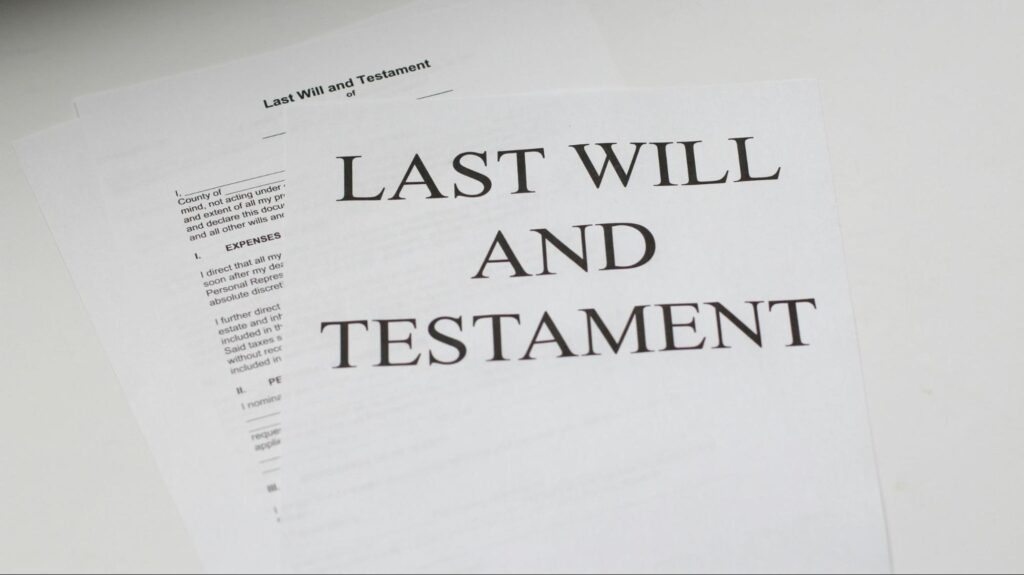By: Maya Robinson
Estate planning and probate are foundational pillars in securing the financial legacy of individuals, serving as a means to distribute assets posthumously and as a strategic approach to managing one’s estate in life and beyond. The process of estate planning encompasses the drafting of wills, the establishment of trusts, and the forethought required to ensure that an individual’s final wishes are honored, minimizing potential disputes and legal hurdles for loved ones.
Paralegals bring expertise and understanding of legal frameworks to estate planning, which allows them to navigate the many aspects of estate planning and probate with precision. From the initial drafting of documents to the final stages of execution, paralegals assist in clarifying the legal jargon, ensuring compliance with current laws, and, ultimately, playing a critical role in the efficient management of wills, trusts, and estates. Experienced paralegal Shane Shuma, discusses why a paralegal’s involvement is instrumental in safeguarding the intentions and legacies of individuals, making estate planning a more accessible and comprehensible process for all involved.
Understanding Estate Planning
Understanding estate planning is essential for anyone looking to secure their financial legacy and ensure their wishes are honored after they pass away.
“At its core, estate planning involves creating a comprehensive strategy that includes wills and trusts, two key components that dictate how an individual’s assets are to be managed and distributed,” says Shane Shuma. “Wills provide clear instructions on the disposition of assets, while trusts offer a versatile tool for managing those assets, potentially bypassing the often complex and lengthy probate process.”
Proper estate planning is critical in avoiding unnecessary complications during probate, such as disputes among heirs or significant legal fees that can diminish the estate’s value. By thoughtfully preparing these documents with an eye toward the future, individuals can ensure a smoother transition of their assets to their intended beneficiaries, minimizing the potential for conflict and ensuring that their legacy is preserved as intended.

Photo: Unsplash.com
The Paralegal’s Responsibilities in Estate Planning
Paralegals are entrusted with a broad array of responsibilities that are pivotal to the creation and maintenance of wills and trusts. Their duties extend from initial client consultations, where they gather pertinent information, to the drafting and finalizing of legal documents. Paralegals play a crucial role in ensuring that all paperwork accurately reflects the client’s wishes and complies with current legal standards.
Notes Shane Shuma, “Paralegals are responsible for keeping these documents up-to-date, a task that requires a thorough understanding of evolving laws and the life circumstances of the client.”
The accuracy and currency of estate planning documents are fundamental in preventing future legal disputes and ensuring that the estate is administered according to the client’s intentions.
Probate Procedures and the Paralegal’s Role
The probate process is a legal procedure through which a deceased person’s estate is properly distributed to heirs and designated beneficiaries, and any debts are paid off.
“This process can be intricate, with several stages including the validation of the will, inventorying the deceased’s assets, paying off debts and taxes, and finally, distributing the remaining assets as per the will or state law if there’s no will,” says Shuma.
Paralegals are instrumental throughout this process, providing critical support to attorneys by gathering all necessary documentation, such as death certificates, wills, trust documents, and asset listings. They are tasked with ensuring that all paperwork is filed timely and accurately with the probate court, coordinating with executors and beneficiaries to communicate the progress of the case, and assisting in the resolution of any claims against the estate.
Staying Current with Legal Changes
Staying abreast of legal changes is essential for paralegals. Laws governing wills, trusts, and estates are subject to frequent modifications and updates, which can significantly impact the administration and distribution of assets. For paralegals, continuous education is a necessity to maintain competence and provide the highest level of service.
Engaging in ongoing legal education through seminars, workshops, and courses ensures that paralegals remain knowledgeable about the latest legislative developments and best practices in their field.
Published by: Holy Minoza

